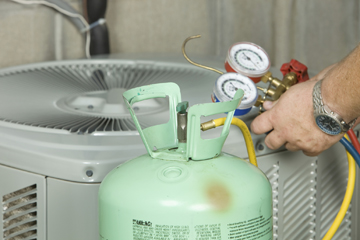Since everyone wants to save money on heating bills, it is important for them to find more energy saving options. One of the reasons why people still find themselves with huge bills is because they still subscribe to old thoughts. The problem comes when you compare what users believe in and how air conditioners actually work. Here is an overview of three of the most commonly held air conditioning myths:
1. The AC Does Not Save Power When Left Running Constantly
There are people who believe that if they leave their AC running at a constant temperature throughout the day, it will save energy. However, the truth is that this machine will consume zero energy when it is switched off. If you are not going to be at home, the best thing to do is to power it off and only use it when you are back.
2. An AC Neither Creates Nor Lets In Fresh Air
When people feel the cool air coming from the air conditioner, they believe that the machine has drawn it from the outside. The truth is that what you feel is air that has just been recycled from within the room. What happens is that the machine sucks in air and passes it over cold coils and then uses a fan to send it out back to the room and the heat is emitted outside. Therefore, even though the air feels fresh, it is just what was in the room.
3. The AC Needs Maintenance Even When It Is Effective
Even when there seems to be no problem with your air conditioner, you still need to carry out maintenance regularly. A machine may be effective when it is just a few hours away from breaking down. You can therefore avoid the inconvenience by having a professional check it often.
One thing about these air conditioning myths is that they always determined how much you pay. The faster you understand the facts, the better it is for you. If you want to significantly reduce the costs, you need to insulate the building.
You can also get more energy efficiency tips on home cooling and heating by following our blog: http://roseheating.com/blog/

